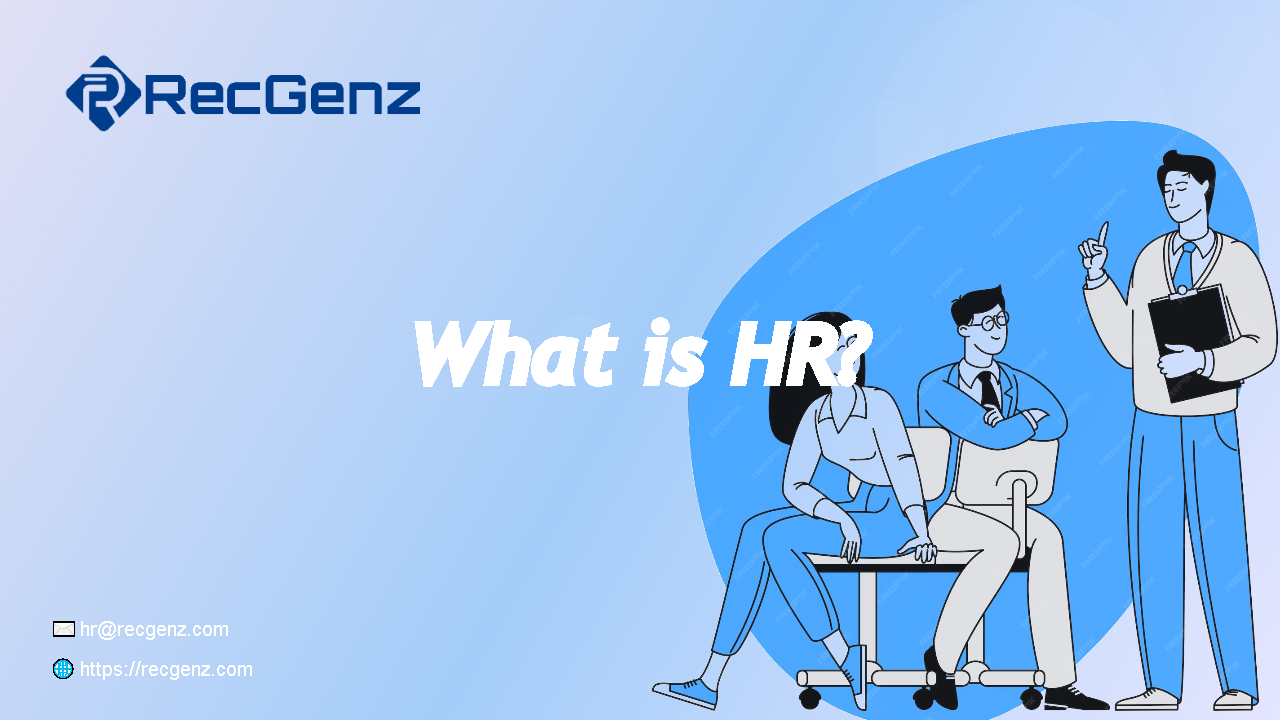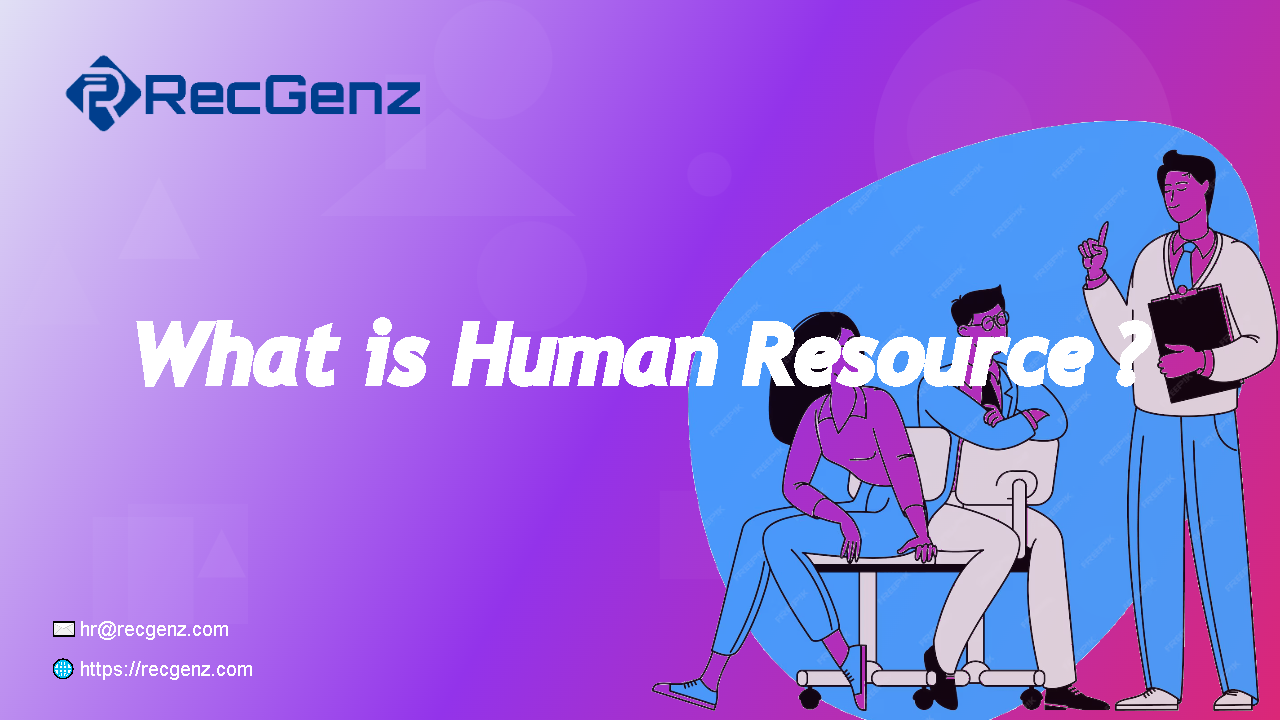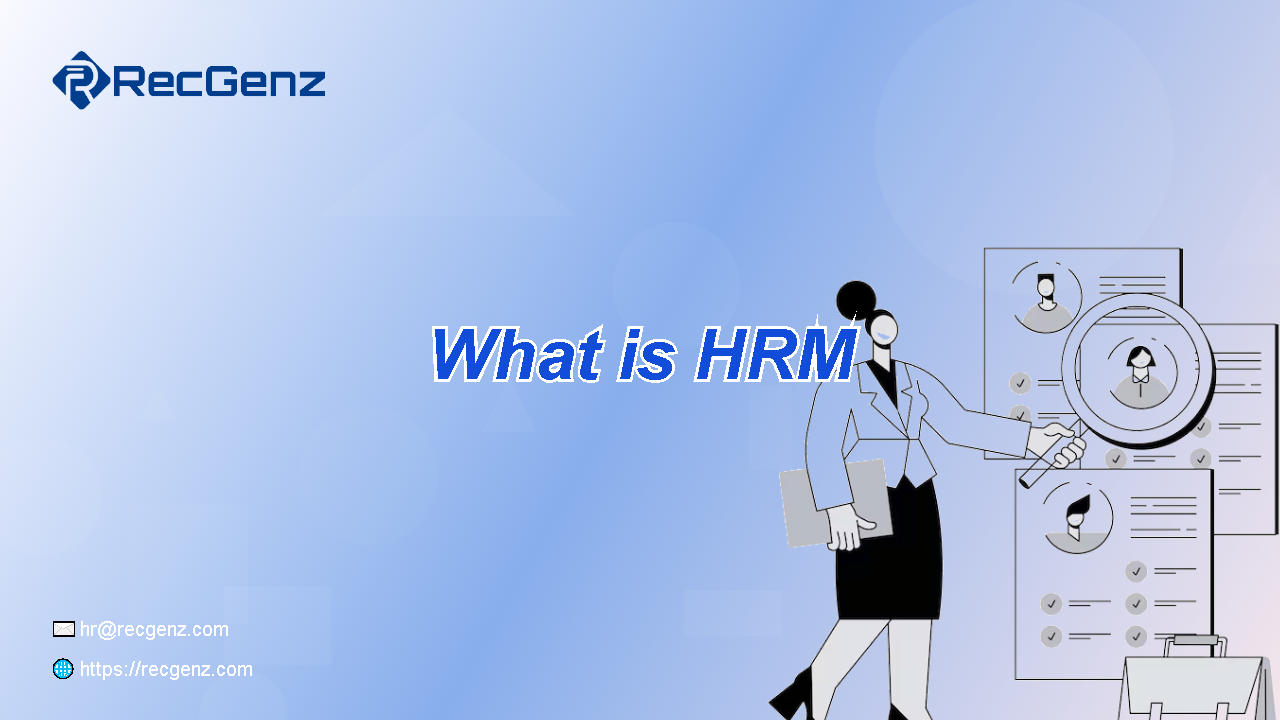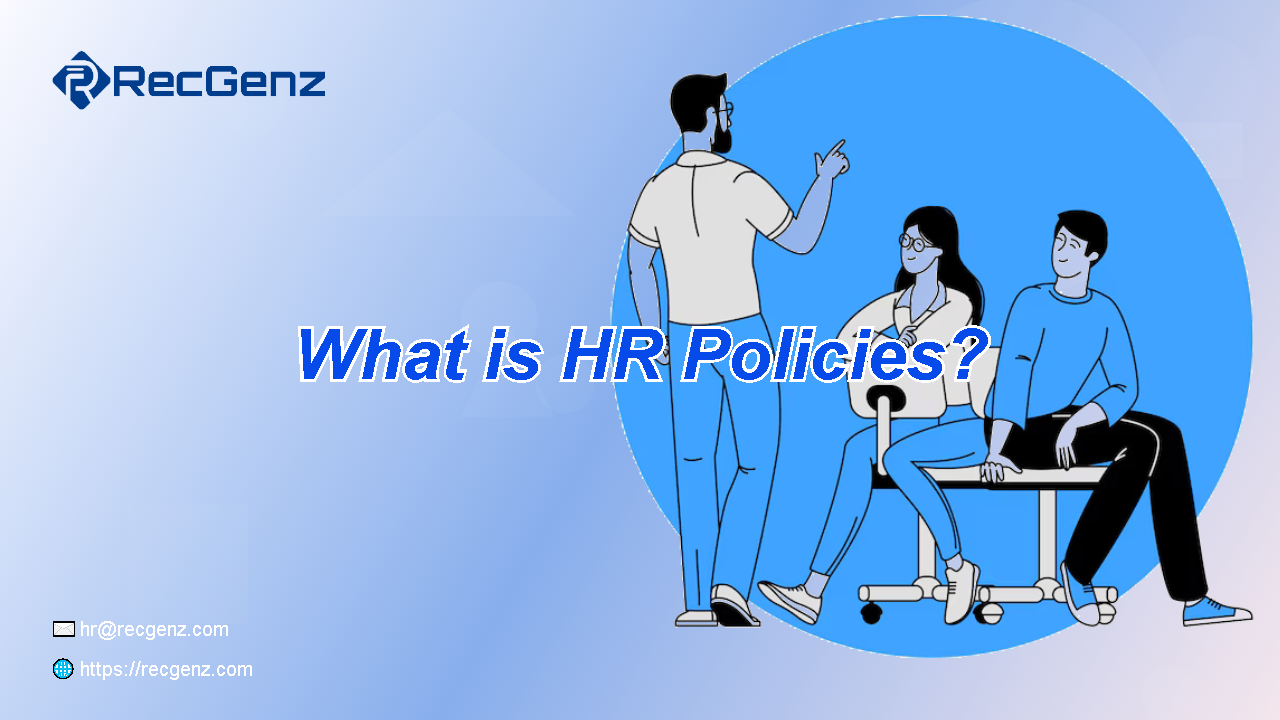What is Human Resources?
Exploring Human Resources as a business function and how it drives company success.
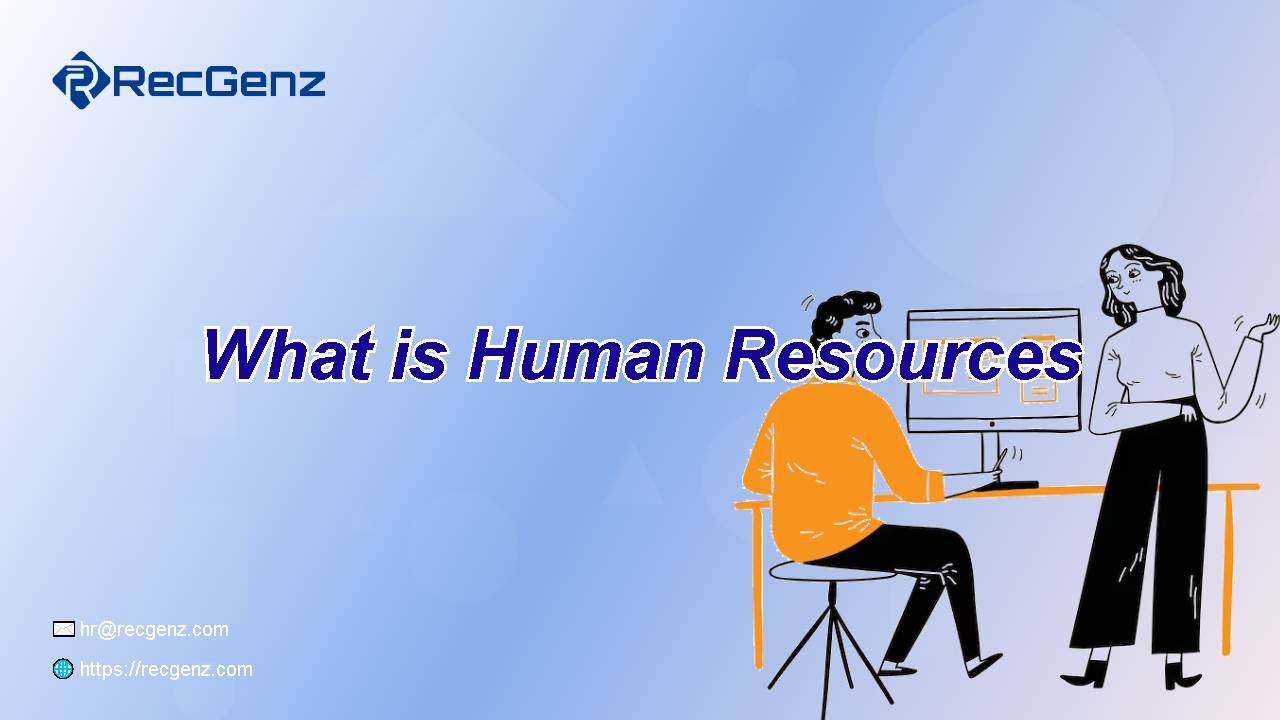
Understanding Human Resources
Human Resources (HR) is the business function dedicated to managing people — the true drivers of organizational success. Beyond handling payroll and compliance, HR ensures that talent is recruited, nurtured, and retained in ways that align with long-term business strategy.
In today’s competitive landscape, HR is not just about administration; it is about creating the conditions where employees thrive and businesses grow hand in hand. A strong HR department can be the difference between a stagnant company and one that consistently innovates and adapts.
Core Functions of HR
1. Talent Acquisition
HR identifies, attracts, and hires individuals who not only fit the technical requirements but also contribute to the organization’s culture and vision.
2. Employee Development
Through training programs, performance reviews, and leadership pathways, HR ensures employees are constantly evolving and reaching their full potential.
3. Culture & Engagement
HR fosters a workplace culture that values diversity, inclusion, collaboration, and respect — creating an environment where employees feel connected and motivated.
4. Compliance & Employee Welfare
From labor laws to workplace safety and benefits, HR ensures organizations remain compliant while prioritizing the well-being of their workforce.
Why HR Matters in Business Strategy
A company’s strategy is only as strong as the people executing it. HR bridges the gap between corporate goals and employee capabilities, ensuring alignment. When HR is strategic, it transforms from a support function into a competitive advantage.
Quick Insights
- HR is about people — attracting, growing, and retaining talent.
- It plays a critical role in shaping workplace culture and employee engagement.
- Strategic HR drives alignment between business goals and human potential.
- Strong HR practices improve retention, innovation, and long-term growth.

